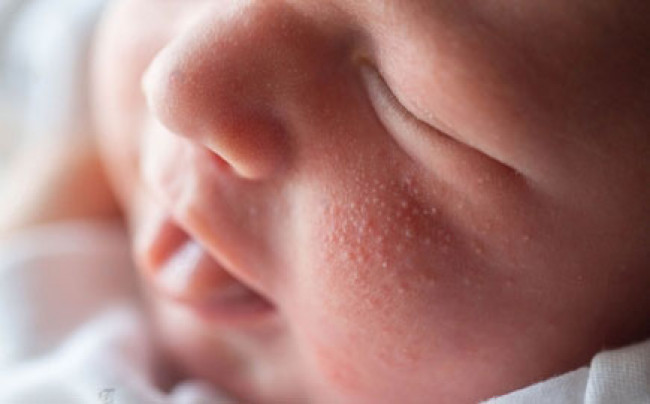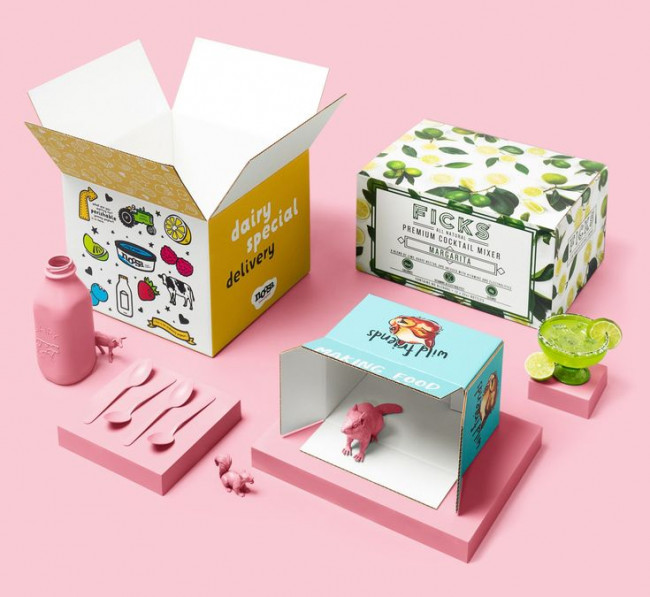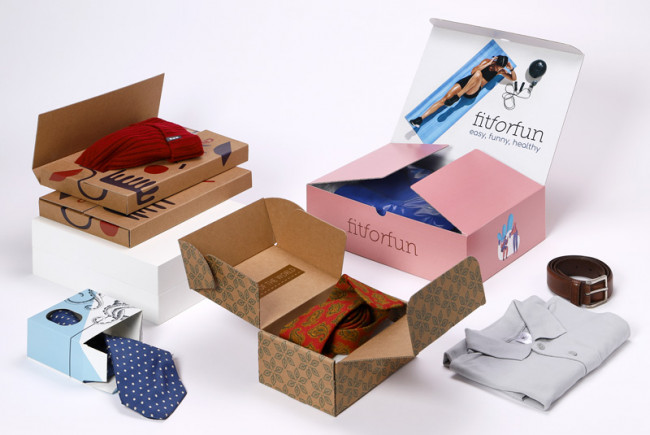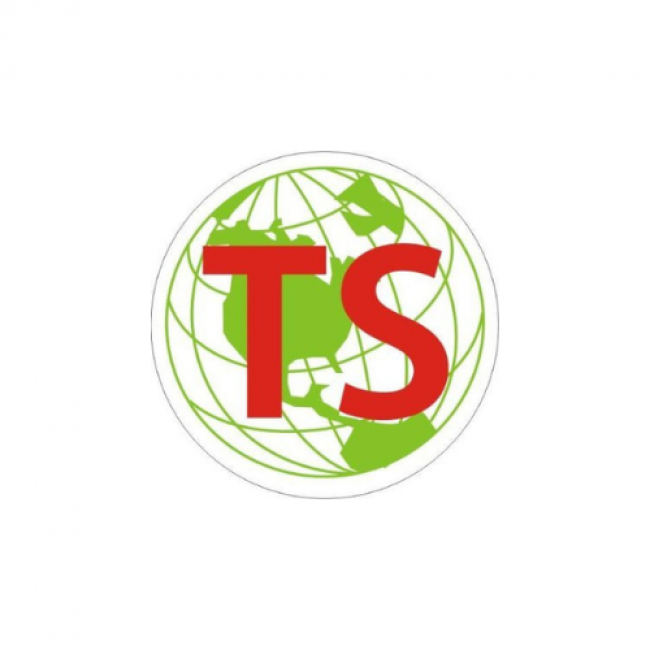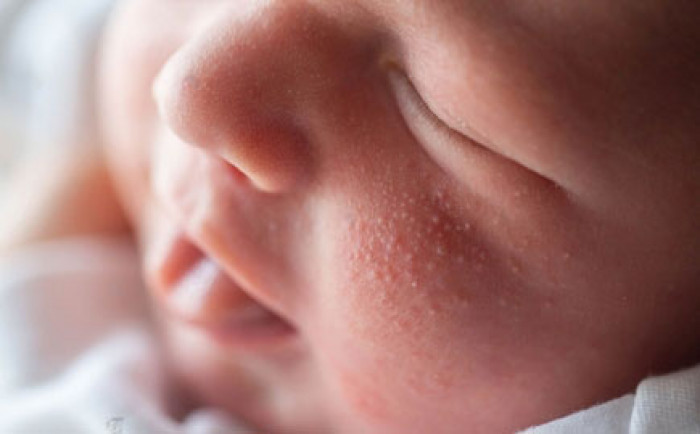
Neonatal acne, also known as baby acne, is a common skin condition that affects newborns within the first few weeks of life.
While it can be alarming for parents to see their newborns with blemishes, neonatal acne is typically harmless and resolves independently without intervention.
Let's delve deeper into the causes and treatments of this condition.
What is Neonatal Acne?
Neonatal acne is a benign skin condition characterized by the development of small red or white bumps on a baby's face, particularly on the cheeks, nose, and forehead.
It usually appears within the first few weeks after birth and may persist for several months before spontaneously resolving.
This condition is more common in boys than girls and tends to occur in babies born to mothers who experienced acne themselves during pregnancy.
Causes of Neonatal Acne
Hormonal Influences
One primary cause of neonatal acne is the influence of maternal hormones circulating in the baby's bloodstream.
During the final stages of pregnancy, hormones such as estrogen and progesterone cross the placenta and stimulate the baby's oil glands, leading to increased sebum production and the development of acne-like lesions.
Maternal Hormones
In addition to hormonal influences during pregnancy, maternal hormones may continue to affect the baby's skin after birth.
Breastfeeding can also transfer maternal hormones to the baby through breast milk, further exacerbating the development of neonatal acne.
Sebaceous Gland Activity
Neonatal acne is also attributed to newborns' immature and hyperactive sebaceous glands.
These glands produce sebum, an oily substance that helps lubricate the skin and hair.
In some cases, the overproduction of sebum can clog the pores and contribute to acne lesions.
Genetics
Genetic factors may predispose certain infants to developing neonatal acne. Babies with a family history of acne or other skin conditions may be more likely to experience this condition than those without a genetic predisposition.
Symptoms and Identification
Neonatal acne typically presents as small red or white bumps on the baby's face, resembling traditional acne lesions in adolescents and adults.
The bumps may be accompanied by mild inflammation and, occasionally, pustules containing pus.
Unlike acne in older individuals, neonatal acne rarely leaves behind permanent scars.
Distinguishing Neonatal Acne from Other Skin Conditions
Milia
Milia are tiny white bumps commonly appearing on a newborn's nose, chin, or cheeks.
Unlike neonatal acne, milia are caused by trapped keratin beneath the skin's surface and do not involve inflammation or the presence of pus.
Erythema toxicum
Erythema toxicum is a benign rash that affects many newborns within the first few days of life.
It presents as red blotches or small, raised bumps on the baby's skin and typically resolves within a week without any treatment.
Infantile Seborrheic Dermatitis
Infantile seborrheic dermatitis, also known as cradle cap, is a common skin condition characterized by yellowish, greasy scales on the scalp, face, or other areas with hair follicles.
While it shares some similarities with neonatal acne, seborrheic dermatitis tends to involve larger patches of affected skin and may be accompanied by itchiness or flaking.
When to Consult a Doctor
While neonatal acne is generally harmless and self-limiting, parents should consult a pediatrician if they notice any concerning symptoms or if the condition persists beyond six months.
Also, medical attention may be warranted if the acne lesions become increasingly inflamed, painful, or infected.
Home Remedies and Self-Care
Gentle Cleansing
Cleanse the baby's face with lukewarm water and a mild, fragrance-free baby soap.
Avoid harsh scrubbing or abrasive cleansers, as these irritate the delicate skin and exacerbate acne symptoms.
Avoiding Irritants
Minimize exposure to potential irritants such as perfumes, dyes, and harsh chemicals in skincare products or laundry detergents.
Opt for hypoallergenic and non-comedogenic products specifically formulated for sensitive infant skin.
Moisturizing
Apply a gentle, fragrance-free moisturizer to the baby's skin to help prevent dryness and irritation.
Look for products suitable for newborns and free of potential allergens or irritants.
Medical Treatments
In cases where neonatal acne is persistent or severe, a pediatrician may recommend topical treatments such as benzoyl peroxide or retinoids to help reduce inflammation and unclog pores.
Oral medications such as antibiotics or corticosteroids may be prescribed for more severe cases or to address underlying bacterial infections.
Prevention
While neonatal acne cannot always be prevented, parents can take steps to minimize the risk of exacerbating the condition:
- Use gentle skincare products specifically formulated for newborns.
- Avoid excessive heat and humidity, which can exacerbate acne symptoms.
- Keep the baby's skin clean and dry, especially after feeding or spit-up.
- Avoid applying oily or greasy products to the baby's skin.
Conclusion
Neonatal acne is a common and usually harmless skin condition that affects many newborns within the first few weeks of life.
While it can be concerning for parents to see their baby's face covered in bumps, neonatal acne typically resolves independently without any treatment.
By understanding the causes and treatments of this condition, parents can feel more confident in managing their baby's skincare needs and knowing when to seek medical advice if necessary.
FAQs
- Is neonatal acne painful for the baby?
- Neonatal acne is typically not painful for the baby unless the lesions become inflamed or infected. Most babies with neonatal acne do not experience any discomfort associated with the condition.
- Can neonatal acne leave permanent scars?
- Unlike acne in older individuals, neonatal acne rarely leaves behind permanent scars. The lesions usually resolve without any lasting effects on the baby's skin.
- Can breastfeeding worsen neonatal acne?
- Breastfeeding may contribute to the development or exacerbation of neonatal acne due to the transfer of maternal hormones through breast milk. However, not all breastfed babies will experience acne, which is usually temporary.
- Are there any dietary changes that can help prevent neonatal acne?
- There is no evidence to suggest that dietary changes in either the mother or the baby can prevent neonatal acne. However, maintaining a healthy diet during pregnancy and breastfeeding is important for maternal and infant health.
- At what age does neonatal acne typically resolve?
- Neonatal acne usually improves within a few weeks to months after birth. Most babies outgrow the condition by six months, although some may continue to experience mild symptoms longer.

